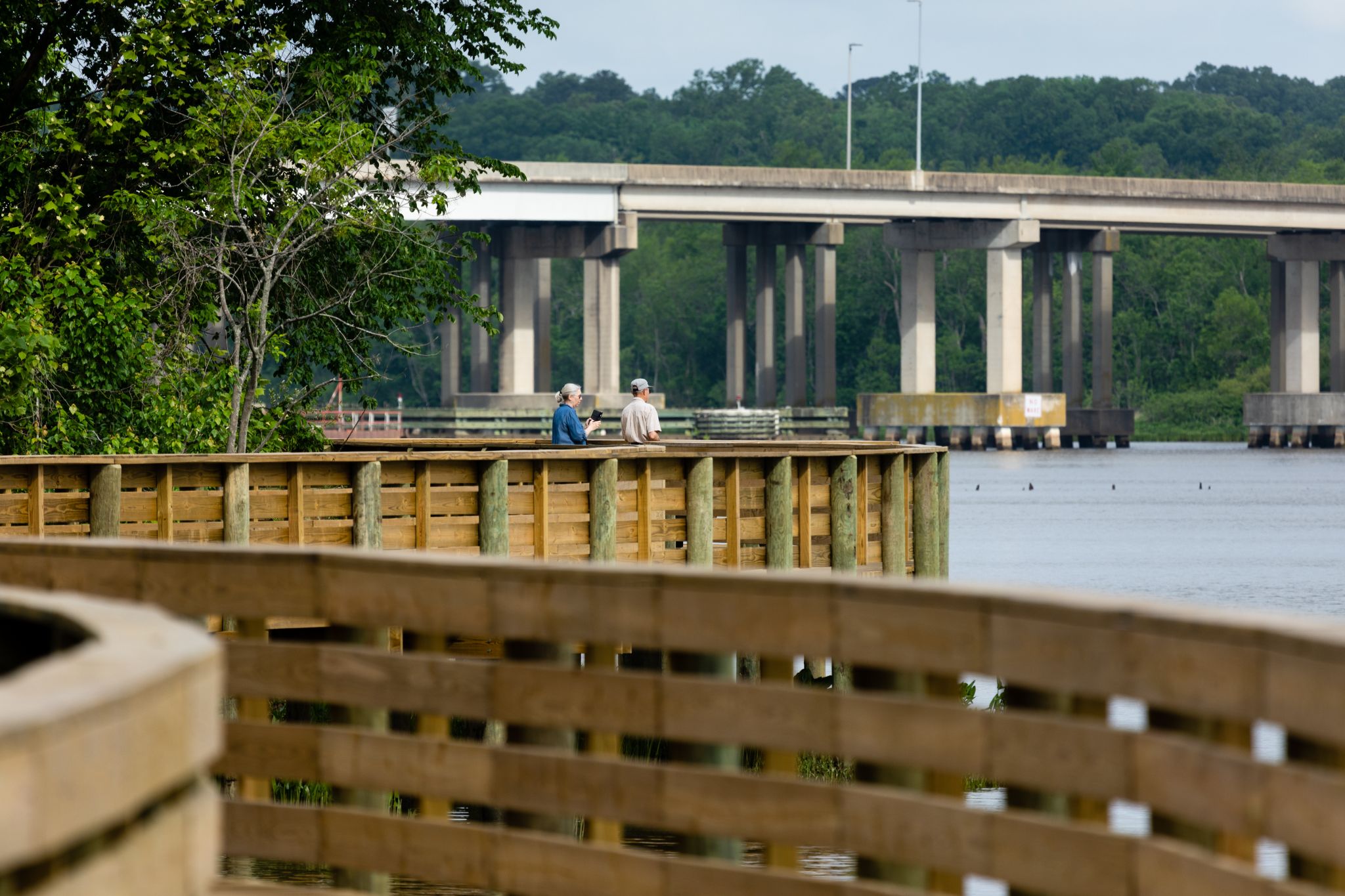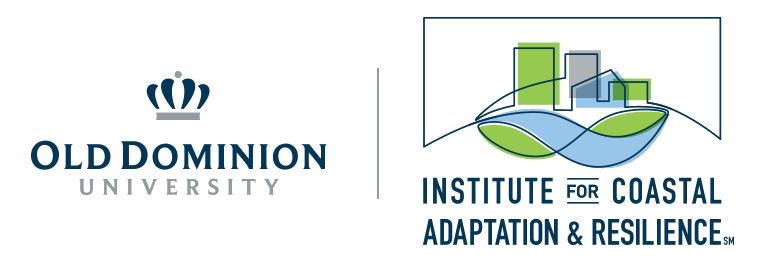The City of Hopewell is located at the confluence of the Appomattox and James Rivers, at the northwestern end of Prince George County. The city has a total area of 10.8 square miles and is located approximately 9 miles from the neighboring City of Petersburg. Hopewell is 22 miles southeast of the state’s capital, Richmond. According to the 2019 American Community Survey 5-Year Estimates, the City of Hopewell has a population of 22,456 people. The median age is 36, which is 2.0 years younger than the national average. In the City of Hopewell, 23.6% of residents live below the poverty level. The median household income is $39,030, which is $27,083 lower than the national median income. Within the City of Hopewell, residents are 52.8% white, 44.9% African American, 2.0% Asian, and 0.6% Native American. Of Hopewell’s residents, 24.7% have a bachelor’s degree or higher level of education, compared to the national rate of 32.1% The entirety of Hopewell’s geographic area drains directly or indirectly into the Chesapeake Bay through the James and Appomattox Rivers. Due to the historic presence of industrial activity along Hopewell’s waterfront, preservation of its ecologically and economically vital riparian resources is critical. The Hopewell Comprehensive Plan, published in 2018, outlines several initiatives to enhance waterfront sustainability. These include (1) emphasizing policies, action plans, and implementation efforts that reduce the contribution of stormwater pollutants and water runoff issues; (2) pursuing public education efforts to better inform the public and stakeholders of expectations and requirements of the Chesapeake Bay Preservation Act; and (3) incorporating necessary initiatives to meet all DEQ expectations for specific Chesapeake Bay Preservation Act policies.
Photo courtesy of Chesapeake Bay Program
Hopewell's Scorecard and Updated Scorecard (August 2024)
Hopewell's Resilience Action Checklist
Resilience Planning Recommendations: Vulnerability, Consequences, and Adaptation Planning Scenarios (VCAPS) Workshop
In August 2024, Old Dominion University's Institute for Coastal Adaptation and Resilience, as part of the RAFT process in Hopewell, engaged city staff using a modified VCAPS workshop to better understand how staff perceive the current priority action items for Hopewell's resilience efforts. Through collecting stakeholder input, evaluating relevant municipal documentation, and analyzing regional climate data, researchers compiled a report and additional recommendations for resilience planning in Hopewell, Virginia available for download here. Additionally, an accompanying Heat Action Toolkit Comparison is available for download here.


.png)



